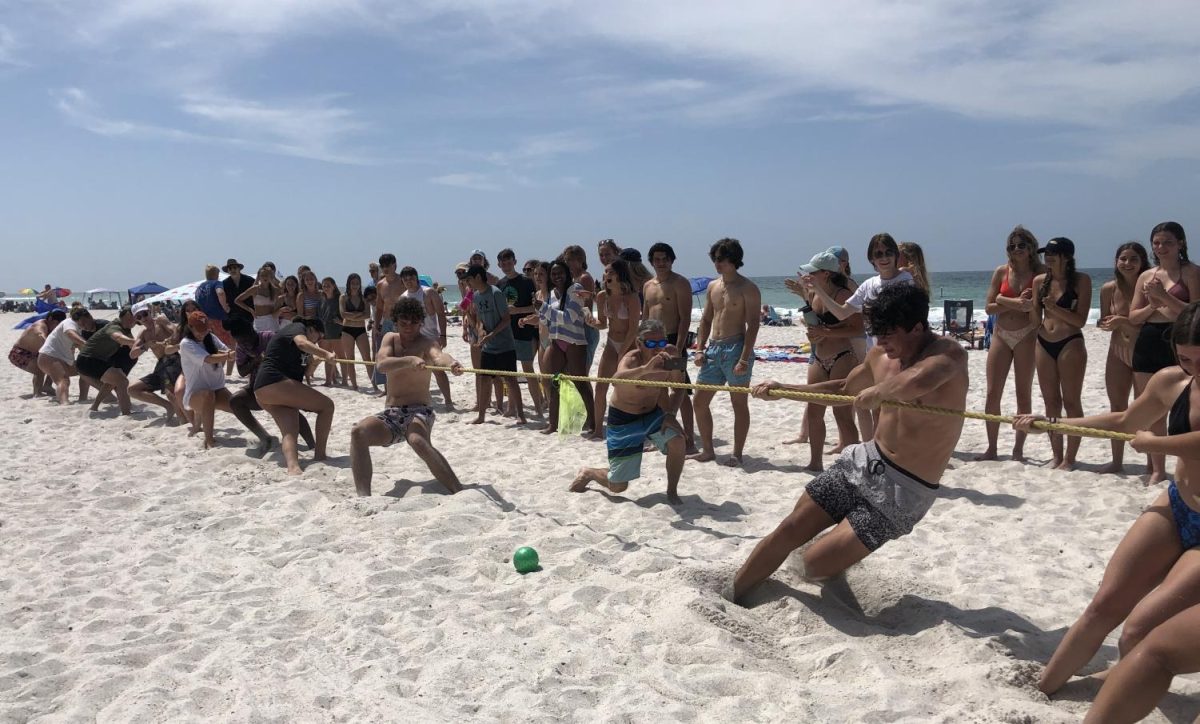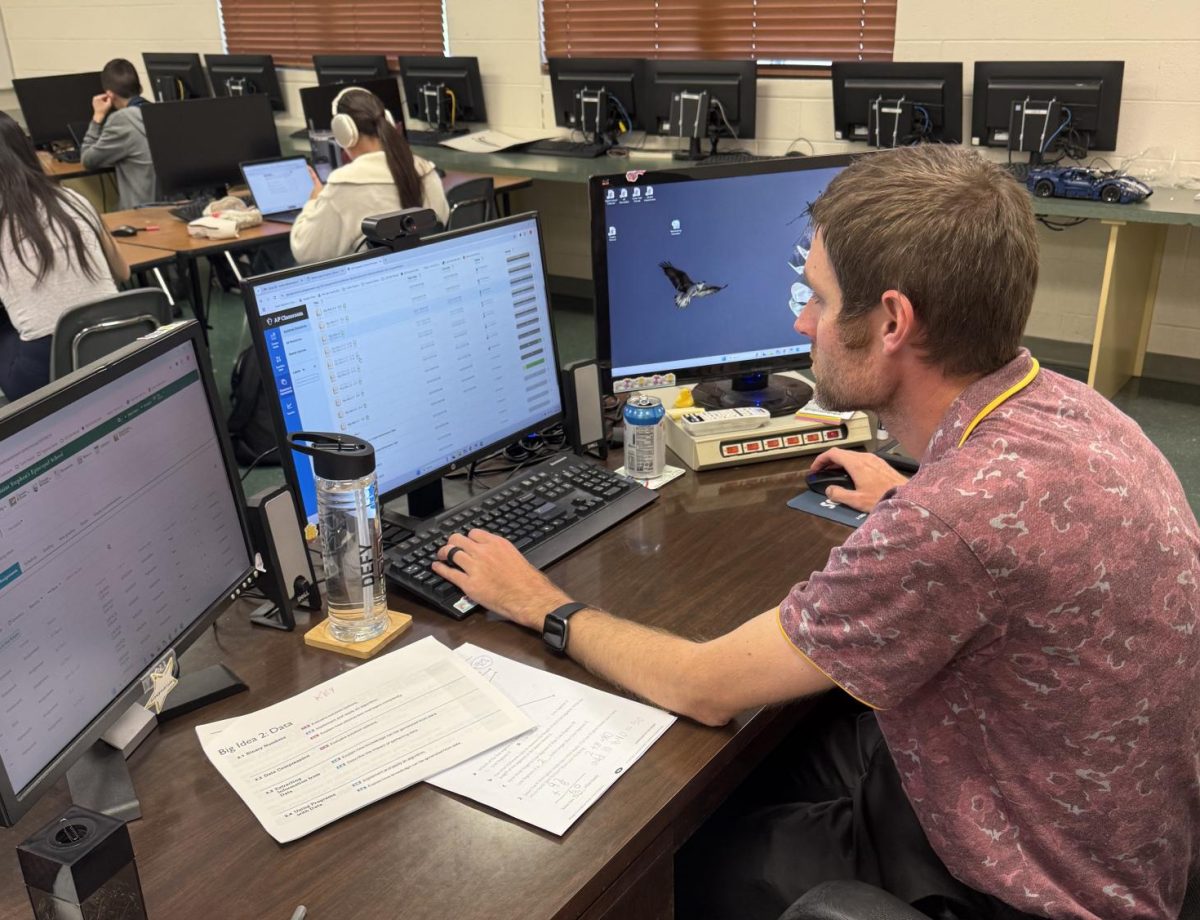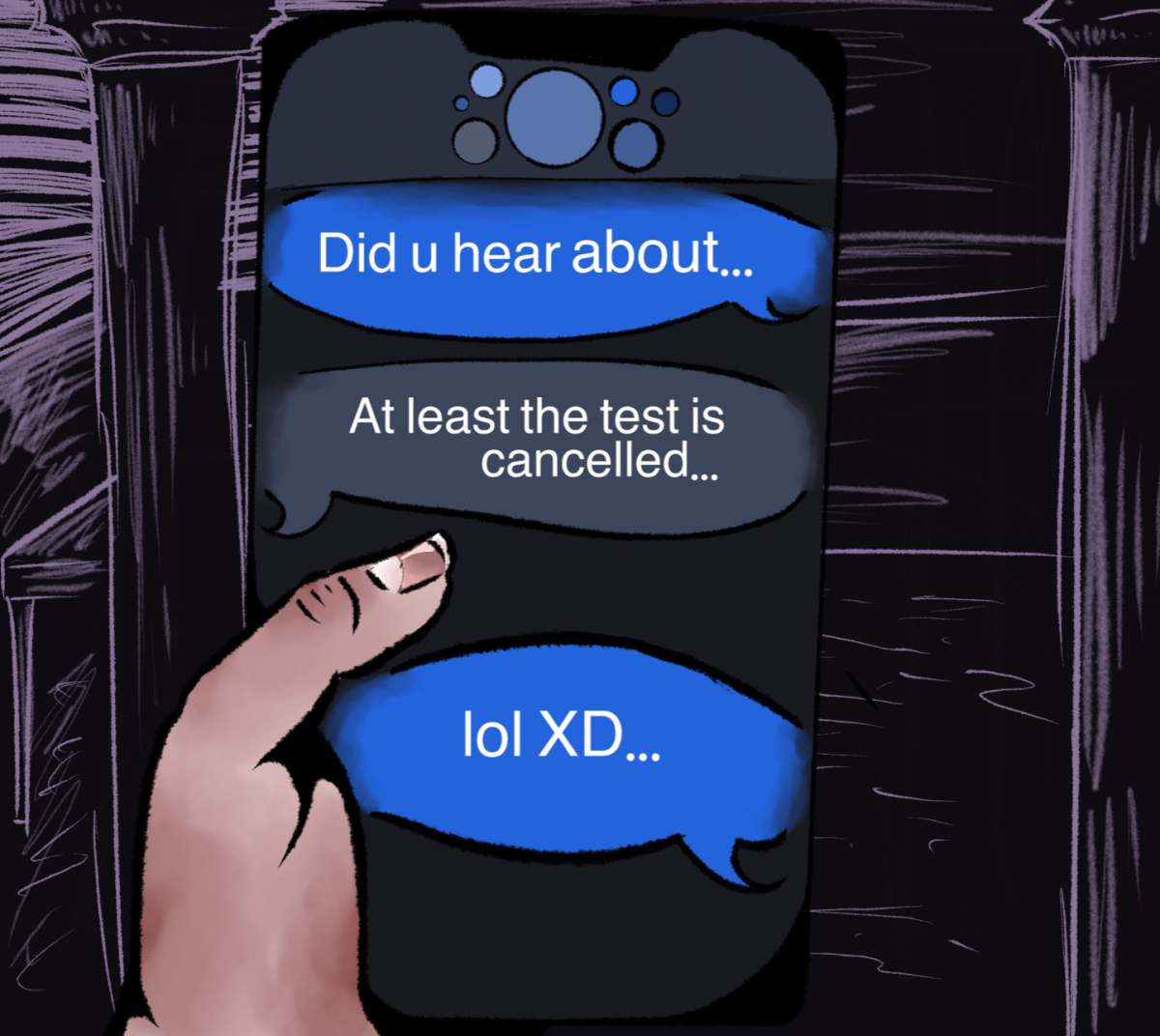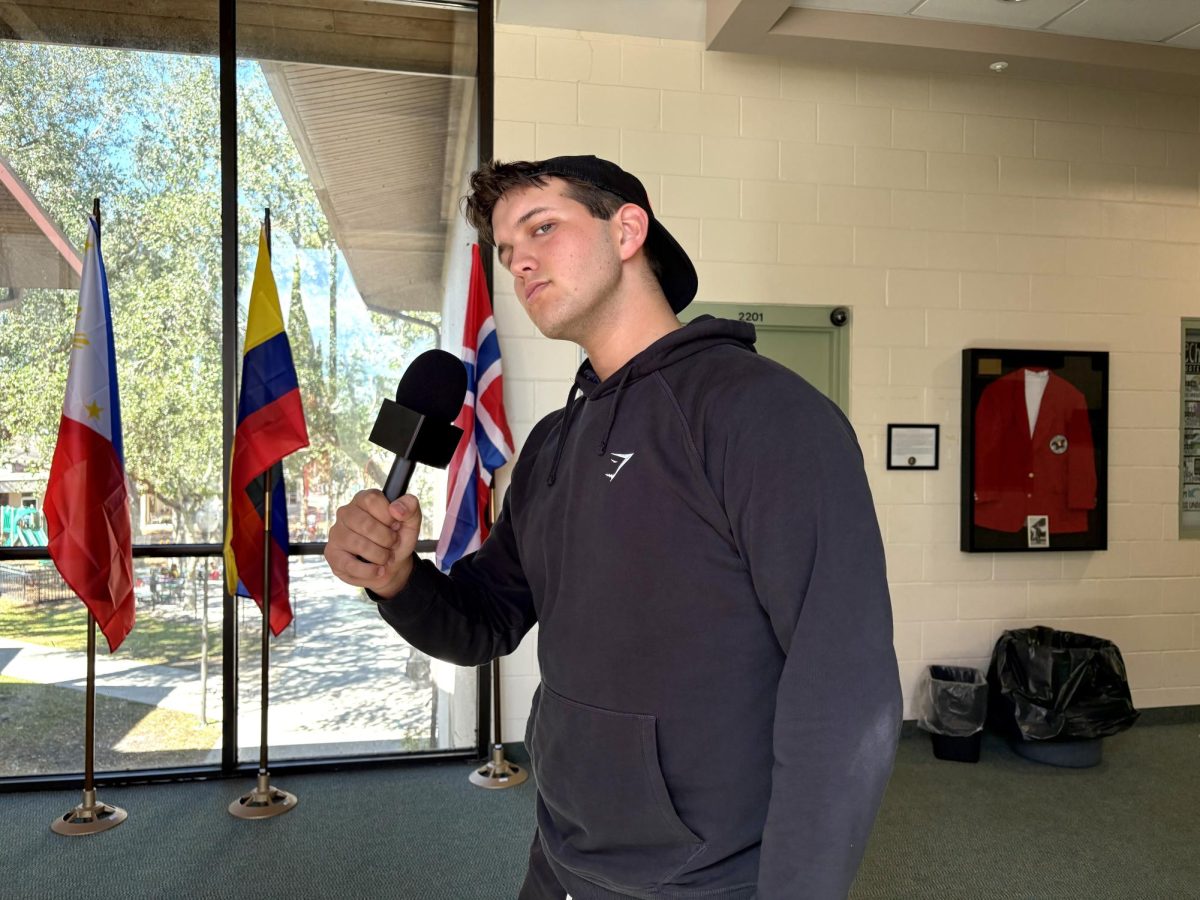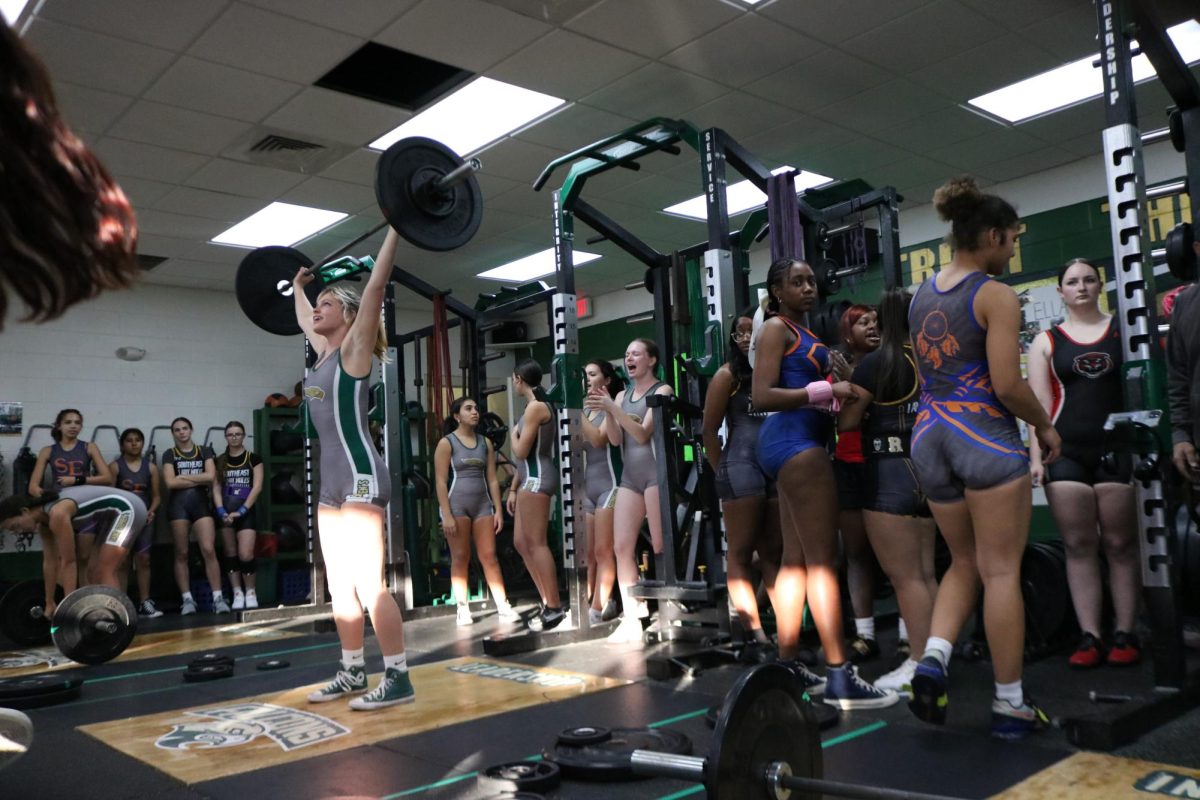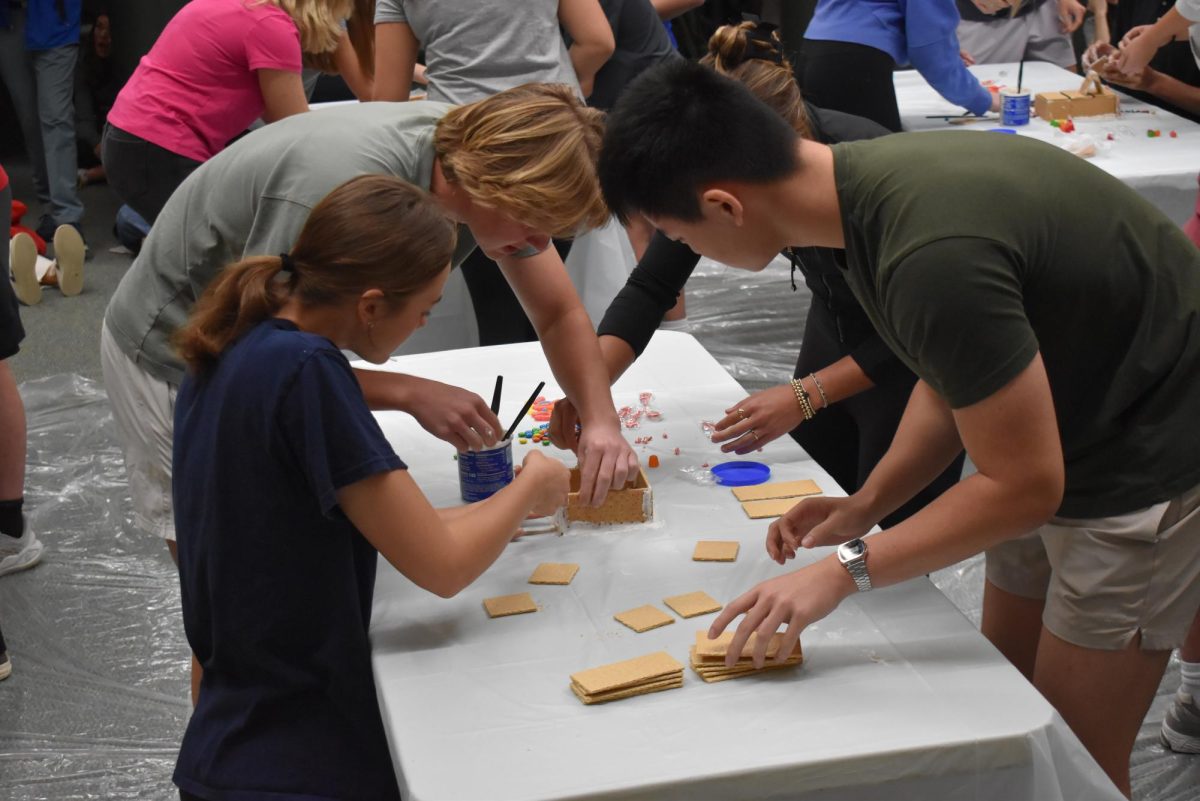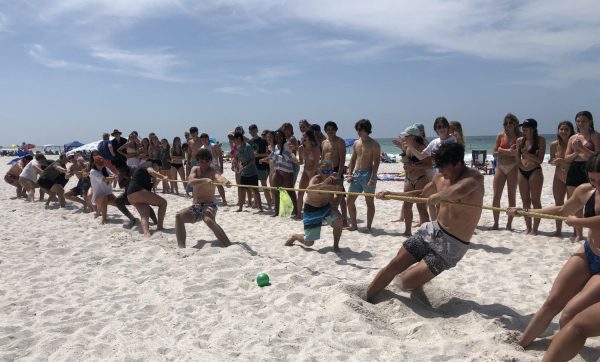How to balance your weekends
Ever feel like your weekends just get away from you? It doesn’t have to be that way.
Making the most of your time can be a drag. But, it doesn’t have to be.
November 30, 2021
As students advance through high school and take on more responsibilities, many have a difficult time managing their responsibilities and time. Strangely enough, this time crunch can be felt more during the weekends than during the actual school week. Because of sports, social functions, and travel, weekends sometimes become hard to manage, leaving students frantically doing homework late on Sunday night (or not at all).
Students like Senior Jake Pettingel struggle with this problem. “You have more issues because you have tournaments or social events, and that messes up the weekend for me,” Pettingel noted.
As a former club swimmer and current student, I can relate to this problem, and I, too, have sought to find solutions. For “Halloweekend” I tried some popular strategies for planning or thinking about one’s weekend, and I observed the results.
Here are the things that allowed me to be productive on a very hectic weekend.
First off, it is totally fine to hang out with friends or take a break. The most important part, however, is knowing, roughly, what your day will look like. This can be as simple as making a list of the things you would like to get done, such as “swim meet, relax, homework, and social life.”
Because I did this, though there was slight pressure to follow the schedule, it allowed me to have a little initiative and not just sulk around during the weekend.
From what I noticed, the cell phone, especially with our generation, is the bane of our productivity. Maybe our parents were correct. One notification or one vibration prompts us to pick up our phones and spend a prolonged amount of time on social media. To avoid this urge, I recommend using the “focus” function of your devices to get rid of all of those distractions. The difference, while seemingly trivial, does a good job at helping you, well… focus!
In conjunction with getting rid of the phone, the tactic that allows for a balanced but productive way to get tasks accomplished is the 30-5-30 rule. Thirty minutes of working (phone remaining separated from you by about ten feet), a five minute phone break, and then another thirty minute work period.
Finally, the most important piece of advice comes from Mr. Tate, my college counselor and swim coach: weigh the benefits of doing or not doing work.
In his words, you have to practice “Weighing out the options and deploying reasoning based on the tasks with the most benefits.” If you are torn on what to do during the time you have during the weekend, weigh out the benefits. You will not regret your decisions.
Using the methods and advice listed above, I successfully had a balanced and productive “Halloweekend.”
Although I had my Regionals swim meet, I was able to use the tactics to get some work done and even get together with some friends. For Saturday, I decided to spend the day avoiding homework. Yes, avoiding it. My swim meet lasted half the day, and for the other half, I got food with my sister. Then I went to hang out with friends.
Knowing that I did minimal work on Saturday, I acknowledged that Sunday would be spent doing errands and work. With about 6 hours to work with, I used the 30-5-30 rule. With that, and about 6 hours of sleep, I managed to study for my AP Stats test, complete my Computer Science worksheets, and get all assignments done prior to their Monday deadlines.
With three hours left to work, I cleaned my room, did my laundry, and cleaned my truck. I even got lucky enough to hang out with my friends on Halloween Eve on the same day. In all, it was a successful, productive, and enjoyable weekend.
While we all might have different weekends, making a schedule, studying without cell phone distractions, and weighing out the benefits of what you will be doing with your time can help you get stuff done.



